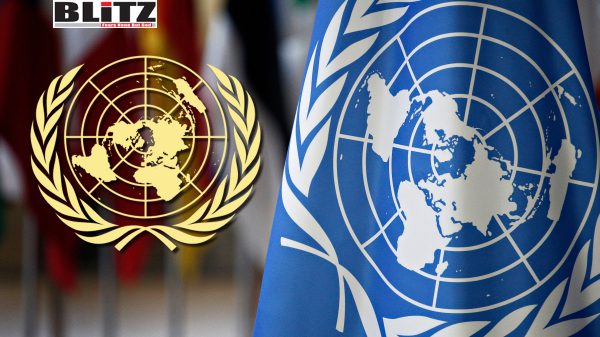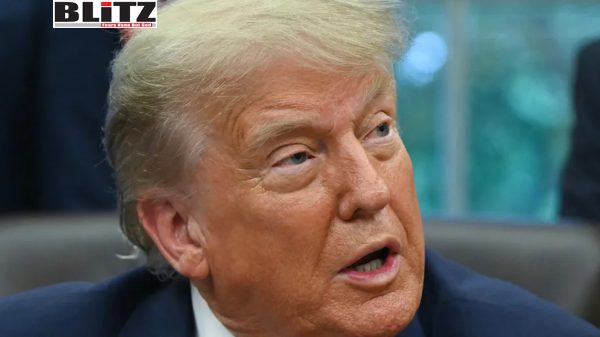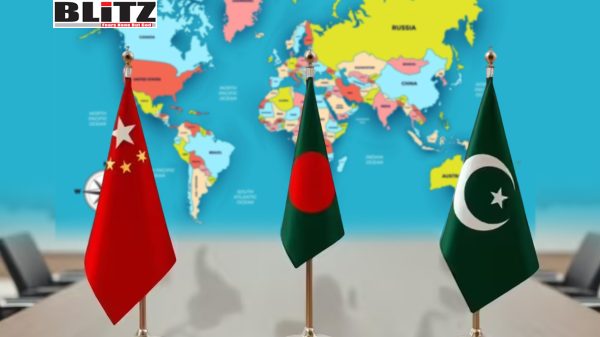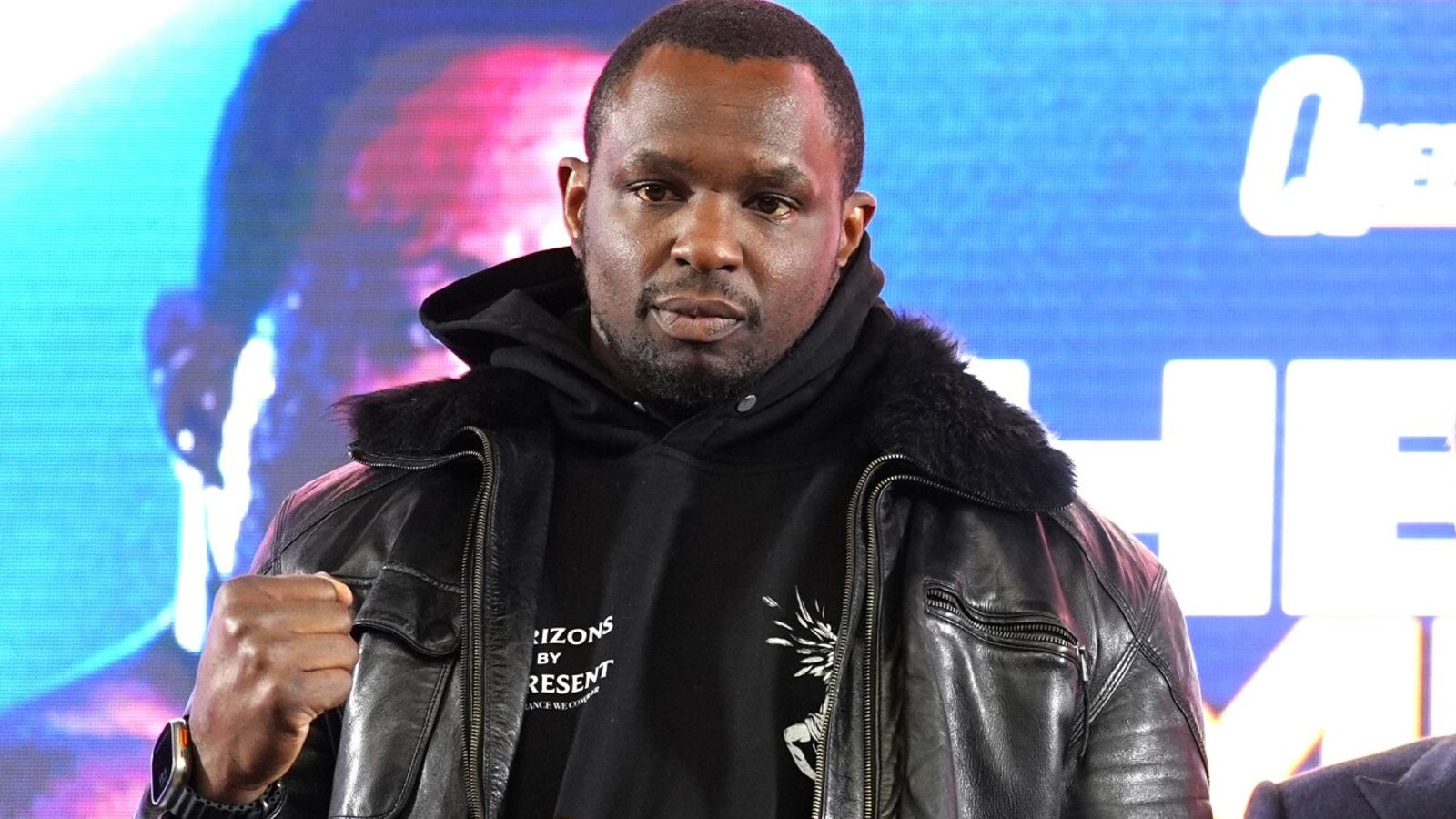Rediscovering the UN’s founding optimism to restore global peace and cooperation
As the world marked the 80th anniversary of the signing of the United Nations Charter on June 26, 2025, the global mood was anything but celebratory. In a world teetering on the edge of multiple geopolitical crises – from the deepening wars in Gaza and Ukraine to a dangerous flare-up involving Israel, Iran, and the United States – the very institution designed to avert global catastrophe now finds itself sidelined, powerless, and often scorned. And yet, the need for an effective, fair, and collaborative multilateral order has never been more urgent.
Founded in the smoldering aftermath of the Second World War, the United Nations was born not merely out of necessity, but out of a profound collective yearning to avoid repeating the past. Fifty nations came together in San Francisco in 1945 to sign a Charter whose preamble famously pledged “to save succeeding generations from the scourge of war.” It was an act of moral and political resolve, of optimism triumphing over despair. The world, reeling from genocide, ruin, and global warfare, dared to believe that a new architecture of peace and cooperation was possible.
Eighty years later, that optimism has waned. Conflict, climate catastrophe, inequality, and mass displacement are increasing, while the institutions meant to coordinate global solutions have been hamstrung by political gridlock, financial starvation, and cynical power politics. The United Nations, once envisioned as a moral compass and guardian of international peace and justice, is now dismissed by many as a bloated bureaucracy or an ineffectual relic of a bygone era.
This erosion of trust is not without cause. The UN Security Council, the organization’s most powerful body, has often been paralyzed by the veto powers of its permanent members – particularly the United States, Russia, and China – who routinely block any action that contradicts their national interests. This has rendered the body unable to address or resolve the wars in Gaza or Ukraine, both of which have inflicted untold civilian suffering. Instead of speaking with one voice for peace, the Security Council too often echoes the rivalries and impasses of a divided world.
And yet, to abandon the United Nations or treat it as irrelevant would be a grave mistake. To do so would betray not only the ideals of its founders but also the real, if imperfect, progress it has achieved. The UN is not just a political body. It is a vast and complex system of agencies, funds, and missions working on everything from children’s health to refugee protection, from famine relief to environmental sustainability. Since its inception, the organization has overseen 71 peacekeeping missions and continues to support millions of people affected by war, poverty, and displacement.
The very existence of the UN allows for a degree of communication between states that would otherwise resort to confrontation. In a fractured world where AI-generated threats, proxy wars, and zero-sum politics dominate the landscape, the UN remains one of the last places where diplomacy still has a stage – however modest. It is often the only forum where adversaries can talk rather than fight, or at the very least, listen to each other in real time.
The current moment calls for a return to the optimism and moral determination that birthed the United Nations. As US President Harry Truman noted at the signing of the Charter, the organization would be “useless without the leadership required to uphold it.” Leadership today must mean more than narrow self-interest or transactional alliances; it must mean reclaiming a sense of shared humanity and purpose.
This is especially true in light of recent developments. The intensifying conflict in the Middle East has highlighted just how close the world came to a nuclear-tinged disaster. Yet instead of urgent diplomatic coordination, the international community largely offered platitudes about “restraint” and “de-escalation,” even as missiles flew and threats multiplied. The paralysis was not just institutional – it was moral. There was a conspicuous lack of political will, empathy, and commitment to the hard work of peacemaking.
Meanwhile, the UN itself is bleeding from multiple wounds. Beyond its political divisions, the organization is facing a funding crisis exacerbated by the re-election of Donald Trump, whose administration has once again slashed contributions to UN agencies. Peacekeeping missions are shrinking, development programs are being cut, and dedicated UN staff are being laid off. This institutional fragility makes it even harder for the organization to respond to the cascade of global emergencies – whether humanitarian, ecological, or political.
Still, the solution is not to discard the UN, but to reform and reinvigorate it. That requires bold and courageous leadership – not only from powerful states but also from rising global actors, civil society, and the people themselves. It requires recognizing that multilateralism is not a luxury or a political convenience; it is a necessity in a world bound together by climate systems, digital networks, financial markets, and transnational threats.
Crucially, it also demands a renewal of optimism. Not the naïve optimism of ignoring reality, but the strategic optimism of those who believe that change is possible because it must be. As Dag Hammarskjöld, the UN’s second secretary-general, once said, “The United Nations was not created to take mankind to heaven, but to save humanity from hell.” In many ways, that is still its mission – and still its promise.
To revive the UN, nations must prioritize collective interests over zero-sum calculations. They must re-invest in diplomacy, mediation, and conflict prevention. They must give the General Assembly more meaningful roles and limit the abuse of veto powers in the Security Council. They must support the UN’s humanitarian arms with adequate and reliable funding. Most importantly, they must lead with values – not just national advantage.
Certainty is in short supply today, but cynicism cannot be the answer. The path ahead may be hard, but history reminds us that the UN itself was born from the ashes of catastrophe. If the world could build consensus out of rubble in 1945, it can rediscover that strength today. In every crisis lies the opportunity for renewal – if only there is the will to act.
The 80th anniversary of the UN Charter should serve not as a wake, but as a call to action – to recommit to the ideals of peace, justice, and collective security that once united a weary world. We must rediscover that optimism, not as a sentimental relic, but as a strategic imperative. For if we abandon hope now, the future may well be shaped not by collaboration and peace, but by conflict, isolation, and irreversible decline.
In a world too often ruled by might and fear, we must once again choose the hope of law, the strength of cooperation, and the power of shared purpose. That was the vision of 1945. It should still be ours today.
Please follow Blitz on Google News Chavnnel
Vijaya Laxmi Tripura, a research-scholar, columnist and analyst is a Special Contributor to Blitz. She lives in Cape Town, South Africa.
rediscovering-the-uns-founding-optimism-to-restore-global-peace-and-cooperation















Leave a Reply